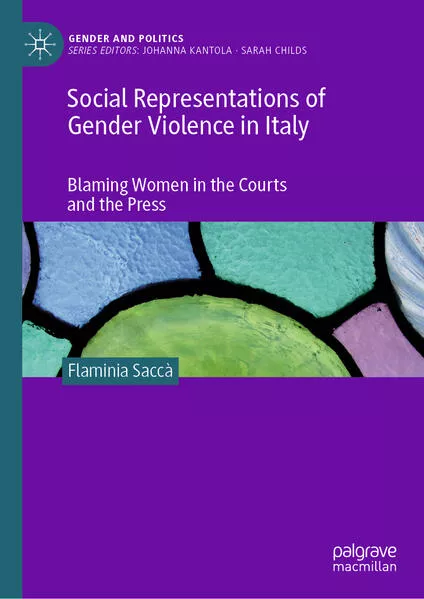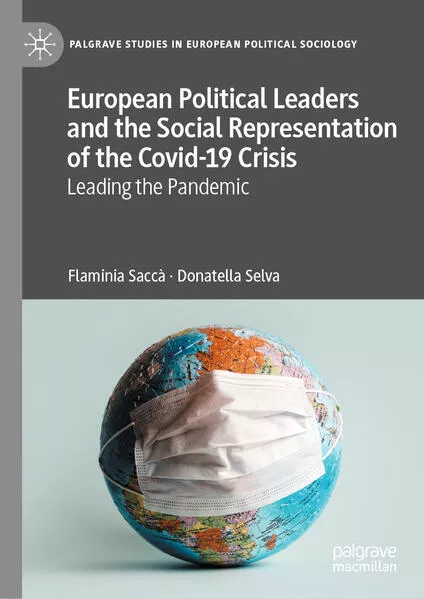
- Publikationen ca: 4
- Fragen & Antworten
Flaminia Saccà
- Social Representations of Gender Violence in Italy
- European Political Leaders and the Social Representation of the Covid-19 Crisis
Social Representations of Gender Violence in Italy
This volume illustrates and analyses the stereotypes and prejudices underlying the social representation of violence against women as it is narrated and described in Italy by the press and by court judgements. After a theoretical reflection on the role of culture and socialisation in reproducing the conditions underlying gender-based violence and its normalisation, and after reconstructing the historical evolution of gender roles and the stages of women’s condition, the book presents the results of a sociological and of a socio-linguistic analysis on a vast corpus of 16,715 newspaper articles published by fifteen Italian newspapers on gender crimes (specifically: femicide; sexual violence; domestic violence; women trafficking) .
Social Representations of Gender Violence in Italy
This volume illustrates and analyses the stereotypes and prejudices underlying the social representation of violence against women as it is narrated and described in Italy by the press and by court judgements. After a theoretical reflection on the role of culture and socialisation in reproducing the conditions underlying gender-based violence and its normalisation, and after reconstructing the historical evolution of gender roles and the stages of women’s condition, the book presents the results of a sociological and of a socio-linguistic analysis on a vast corpus of 16,715 newspaper articles published by fifteen Italian newspapers on gender crimes (specifically: femicide; sexual violence; domestic violence; women trafficking) .
European Political Leaders and the Social Representation of the Covid-19 Crisis
European leaders faced the Covid-19 pandemic by adopting very different leadership styles, characterized by diverging approaches to crisis communication, power management, and relationship-building with actors and stakeholders in the public sphere. The pandemic also highlighted the importance of the already-existing cleavage between populism and technocracy, positioning it at the centre of the political scene.
European Political Leaders and the Social Representation of the Covid-19 Crisis
European leaders faced the Covid-19 pandemic by adopting very different leadership styles, characterized by diverging approaches to crisis communication, power management, and relationship-building with actors and stakeholders in the public sphere. The pandemic also highlighted the importance of the already-existing cleavage between populism and technocracy, positioning it at the centre of the political scene.



